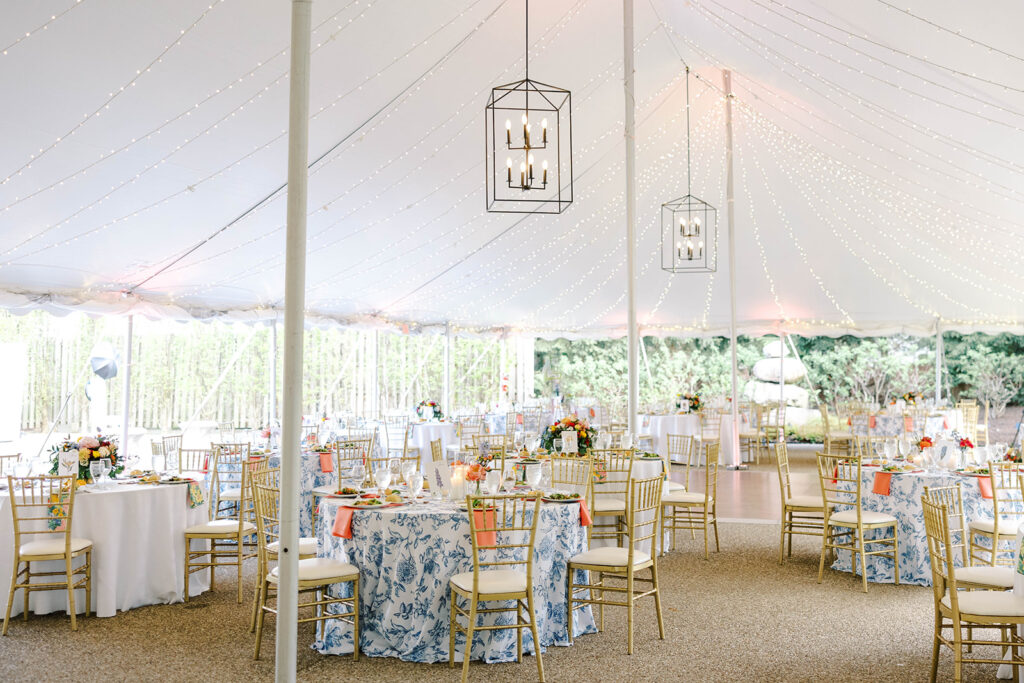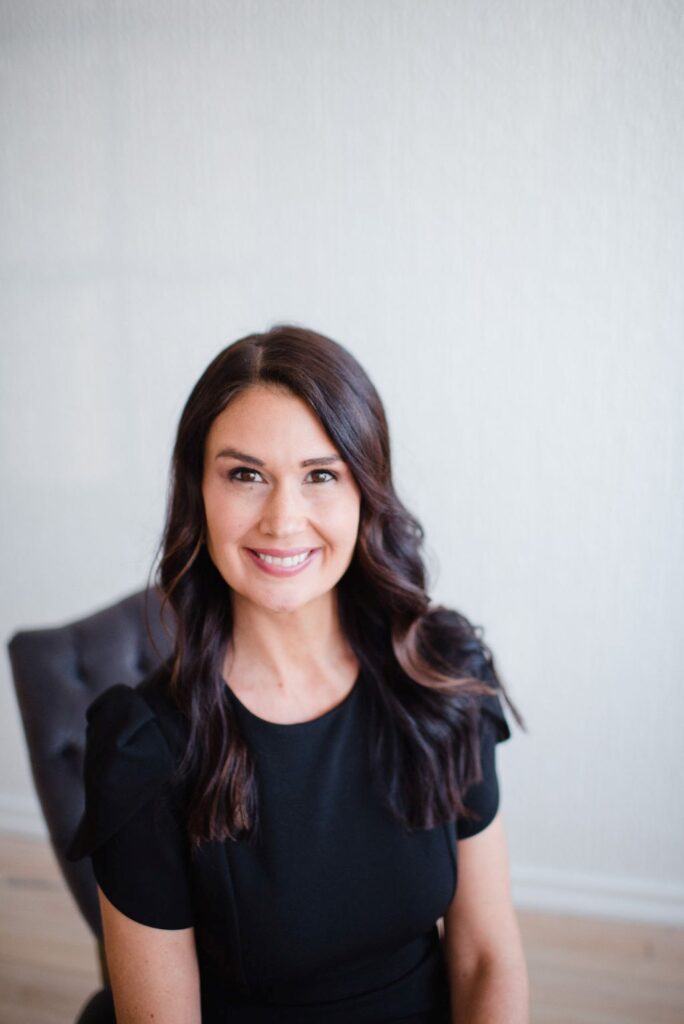By Courtney Byrnes

While weddings are fun and exciting, they are also often steeped in tradition and customs. Etiquette serves as the list of unspoken rules dictating what is proper and polite at such formal events.
But if it’s your first time planning or being part of a wedding, or if you’re concerned such rules have changed since you last participated, it is helpful to have a guide when questions or new scenarios arise. After all, a lot goes into planning a wedding for it to run smoothly and for all guests to have a good time. That’s one reason why couples seek the help of professional wedding planners who know the ins and outs of the industry and how to go about accommodating both the couple and guests.
Jstyle Weddings gathered some common etiquette questions from its readers and friends, and went one-on-one with Valarie Falvey, founder and team manager of Kirkbrides in Mentor, to answer them. Her responses have been edited for brevity and clarity.

How do you decide whether or not to invite a friend or family member with a plus one? How do you weigh factors like whether they have a significant other and how serious that relationship is, guest list limitations, and other elements?
Falvey: Typically, the first thing to think about is your overall guest list and the capacity of the venue where the ceremony and reception will both be held. Most of the time, we encourage people to keep it consistent across the whole group rather than going through individually. Word may travel around about that and it might incite some drama, so it’s best to just be consistent no matter what you do. There’s been a few times where we’ve had clients who have a high guest count – they really had their heart set on a venue, but they were pushing the capacity limit. So, they couldn’t have anybody invited with a guest unless it was their spouse. So, they were just consistent across the whole thing. Usually most of our couples invite couples, or single people and then you write “and guest.” That’s typically what we see.
Is it ever appropriate for a guest to request to bring a plus one?
Falvey: It really just depends on that personal relationship and reaching out to the bride or groom, whichever one that you’re closest with, and just mention, “Hey, I have this serious relationship, and we’re living together,” or something like that and ask if they can also attend. I would assume most people would be happy to make room for one more person, but typically if you’re close enough to be inviting someone to your wedding, you would know if they had a significant other.
Now, sometimes people do send the save the dates out early and it may just go to one person’s name. And then in the midst of a year, maybe during that time that person has become involved in a serious relationship. And so, at that point, we actually have had people change it for the invitation addressing to add (their partner’s) name to the invitation as well or just write “and guest.” Sometimes it’s better and more appropriate to write “and guest” if they don’t live together and they’re not married because anything could happen in a year.
I think if approached properly and in a respectful way, you can ask the couple – introduce the situation and explain, and then see what they say if it’s possible.

What window of time is reasonable to send out thank you notes following my wedding?
Falvey: Well, etiquette says you have up to one year after your wedding to send the thank you note. So, that’s what most people go by. I’ve seen everything from months and months after the wedding, taking that literally, and then (couples sending) thank you notes right away. Those people are rock stars to be able to sit down and write all those so quickly. I’m always amazed at people who can do that. But it’s always fresher in your mind, obviously, if you do it sooner than later after the wedding. And then you don’t feel awkward if you see the people and you haven’t sent them a thank you note yet.
My friend asked me to be a bridesmaid in her wedding. I’d love to, but it seems very expensive. Is there a way I can say yes but also try to keep the associated costs down without being rude?
Falvey: What we mostly see is people kind of know what they’re in for and they’re accustomed to, being in that friend group. So, if somebody goes big all the time and you know that this is your friend who you do vacations to Miami with and you do all these girls’ trips, then you kind of know what to expect for the bachelorette party, the bridal shower, all of that. I kind of don’t think it’s fair to say you’re a bridesmaid, but then have a hard time participating in all the events. The whole point of being a bridesmaid is to shower that person with love and make this time very special for them and letting them know that you care about them. So, they’re going to feel bad if some of their bridal party is opting out of these big events because that’s the biggest deal for them.
These weddings are so involved and progress across the whole year with all of the different events now that are such a big deal to people. It’s really not just about the wedding anymore for a lot of people. And so, I think a lot of people dream about their bachelorette party and bridal shower just in the same way they dream about the wedding. So, I think if you’re really going through a hardship and want to be a bridesmaid, but know that you wouldn’t be able to afford the bachelorette trip to Nashville and the bridal shower that’s going to be at the mom’s house in Napa, or whatever – because a lot of times people are traveling for all these events as well – I would just be honest and say, “I love you, but I’m not sure if I can afford all those extra events. I’d love to be involved, but not make you feel bad.”
So, sometimes (those guests) have been made readers at the ceremony. Or maybe if the couple knows up front, they would say, “Oh yeah, that’s fine. I know that you wouldn’t be able to do that. But I definitely still want you there.” So, I think it’s just better to be honest and upfront rather than hiding it when these things come up because then it could draw other feelings and ideas.
To what length should I go to in order to accommodate all of my guests’ various dietary restrictions?
Falvey: This is a really big deal and has been, I would say, for about the past 10 years more than it ever was in the past. The thing is that you want to be accommodating, but you don’t want to open the floodgates.
A lot of our couples offer a choice of entree. The couples select that with the venue, and then they usually pick two or three options. Obviously one would be a vegetarian or vegan option – and if you’re doing a vegetarian option, a lot of people just go the extra mile and do the vegan option because then you’re checking off more boxes than just vegetarian – and usually those meals are delicious.
People typically know their guests. So, sometimes they know if they don’t have a lot of beef eaters, they would offer maybe chicken and fish and a vegan option. Or they might offer steak and chicken because they know a lot of people don’t like fish, for example. You put that on the RSVP card, you give the guests the option to select and initial what their entry selection is. And what is really nice is, when we’re planning a wedding with our clients, we try to do the tasting at the venue with the caterer before the invitations are sent to print so that we can list exactly what the meal is. Instead of just saying beef, chicken or fish, we can say petite filet mignon, seared sea bass – whatever it actually is – so that people know what they’re selecting, and that’s really helpful, too.
So when I said don’t open the flood dates, just give those three options and that will capture about 90 to 95% of people. But then usually if somebody has something really specific, we’ve found that they’ll write it on the RSVP card or they’ll contact somebody directly before they go to the wedding and let them know what they need.
The other thing is kosher as well. So, if you’re interested in having the food be all kosher, then that’s important to indicate as well on the card if that’s a preference of your guests.
